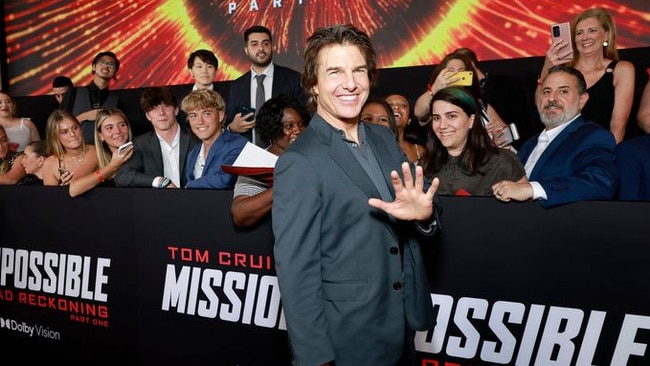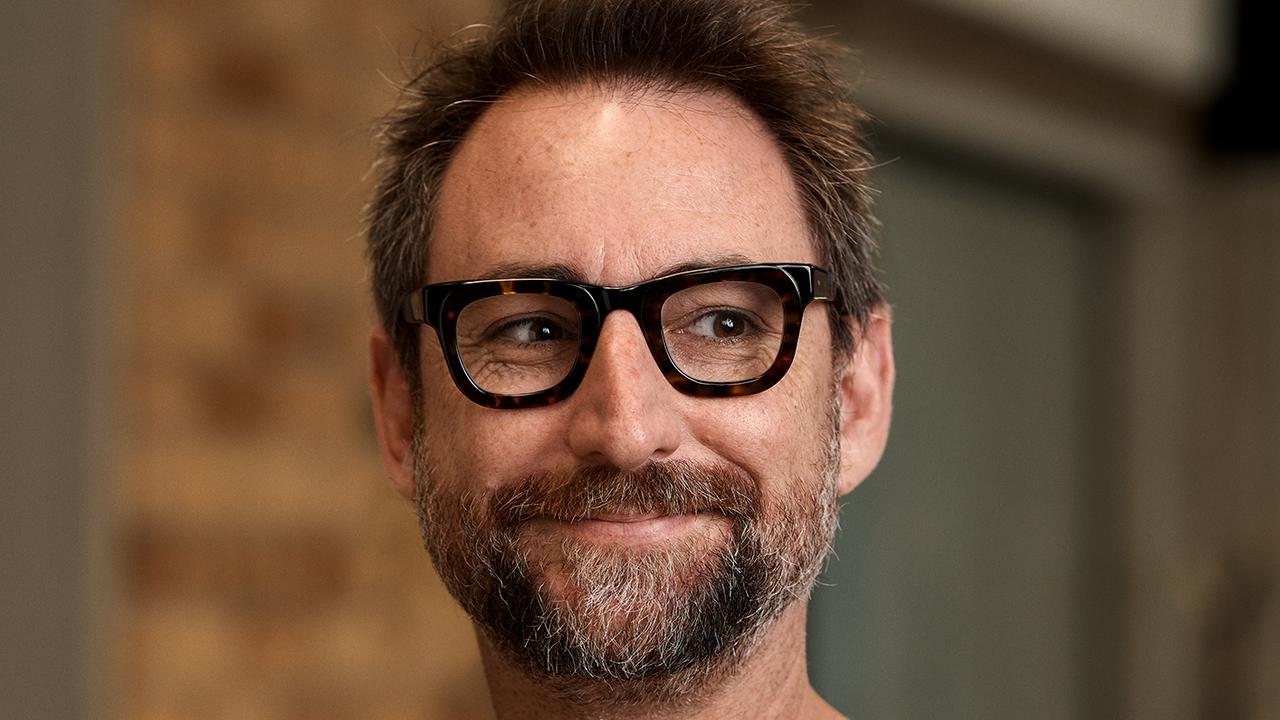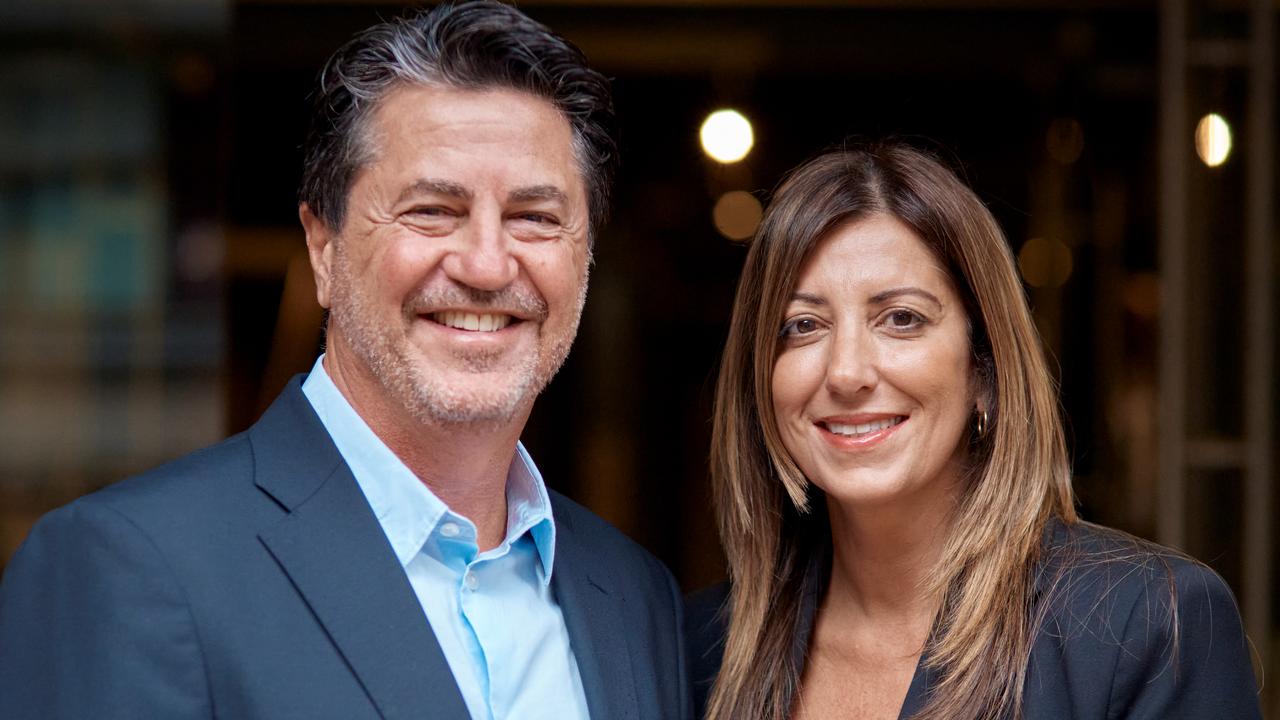How hollywood will promote films and TV shows without stars (or major influencers)
Studios in the US will turn to more paid ads, creators and event marketing as the strike continues, experts say.

Hollywood studios eager to market big-budget releases are searching for ways to fill the publicity gap left by striking actors, who are barred by their union from promoting projects through red carpets and press tours during the work stoppage.
Film and TV studios typically rely on actors to help market their products by walking the red carpet at premieres, showing up for talk show interviews and sitting down for magazine profiles.
With actors walking picket lines instead after the sides failed to reach a new labour contract, studios will have no choice but to focus more heavily on paid advertising, influencer marketing, attention-grabbing stunts and cross-promotions with consumer brands, according to industry experts.
Major studios “are just going to have to come up with creative ways to learn how to market, because they’re so used to marketing as a machine and using people, and they can’t anymore,” said Danielle Garnier, who founded a Chicago-based film publicity and marketing agency called Garnier Public Relations. “I think it’s going to hurt.” Conflicts are already emerging around influencers and other kinds of talent. In a preview of things to come, the cast of Universal Pictures’ “Oppenheimer” walked out of the film’s London premiere just after the union voted to strike .
Then the stars of Walt Disney Co.’s “Haunted Mansion” stayed away from its Disneyland premiere on Saturday, leaving several executives, theme park performers and non-union YouTube creators as the biggest names on the red carpet.
In the absence of actors’ ability to make emotional connections with audiences, studios will be forced to try to market more from the fans’ perspective, said Rick Eiserman, chief executive of entertainment marketing agency Trailer Park Group.
They may, for example, pay influencers to lead fan-centric events or crowdsource social-media content from both creators and fans.
But the Screen Actors Guild-American Federation of Television and Radio Artists, which also started accepting influencers in 2021, is warning influencers in the union that they can’t take new work from companies subject to the strike. Non-union influencers who promote so-called struck companies will lose the possibility of joining later, SAG-Aftra said in an FAQ posted to a dedicated strike website.
Influencers with smaller audiences may continue promoting studio titles, but most big-name creators will likely pass in order to avoid backlash from fans and union members, experts said.
Andra Gogan, a content creator who has nearly 11 million TikTok followers, apologised on Instagram this week after she was criticised for appearing at the “Haunted Mansion” premiere.
“I never had the intention of crossing the picket line or being a ‘scab,’” she wrote. Ms Gogan, who isn’t a union member, has received “extremely hateful” messages about her posting about being at the premiere, according to her manager.
Film-focused creator Juju Green, who goes by @straw_hat_goofy and has more than three million followers on TikTok, also apologised to striking actors and writers for a post in which he said that the strike wouldn’t affect his ability to work with Universal and other entertainment companies because he isn’t an actor or union member.
Star-free campaigns The actors’ strike is proving to be “much more disruptive” than the Writers Guild of America strike that began in May, according to Tim Nollen, senior media tech analyst at global financial services group Macquarie, who described the earlier strike in a research note as more of an “annoyance for Hollywood production.” Studio chiefs anticipated the writers’ strike and prepared by producing more marketing collateral ahead of time, but the actors’ strike took them more by surprise.
“I just don’t think that anyone was completely prepared for this,” said Michael McIntyre, chief executive of marketing agency Mocean, which produces film trailers and assorted marketing materials for Disney, Netflix and Warner Bros. Discovery, among others.
Films like “Barbie” and “Oppenheimer,” which open Friday, have already benefited from monthslong marketing efforts and will likely perform as expected. But a lengthy strike will undercut the box-office potential of late-summer and fall releases, as well as the value of film festivals and awards shows, said media analyst Michael Nathanson of MoffettNathanson.
Movies scheduled for release later this year include “Teenage Mutant Ninja Turtles: Mutant Mayhem,” featuring the voices of stars including Jackie Chan, Rose Byrne and John Cena; “The Equalizer 3,” starring Denzel Washington and Dakota Fanning; and the long-awaited “Killers of the Flower Moon,” starring Leonardo DiCaprio and Robert DeNiro.
At least one star has told the union that marketing can be important to actors as well as studios.
On a SAG-Aftra call last month, Tom Cruise asked union officials to consider allowing union members to continue promoting their own projects during the strike. The call was previously reported by the Hollywood Reporter. SAG-Aftra didn’t respond to a request for comment on the matter.
Future big-budget releases are also now more likely to imitate the approach recently demonstrated by “Barbie,” which secured mutually beneficial marketing deals with more than 100 brands and staged head-turning stunts like an Airbnb listing for Barbie’s Malibu Dream House, said Marc Simons, co-founder of marketing agency Giant Spoon, which has organised so-called experiential marketing events to promote series such as Netflix’s “Stranger Things.” Like standard movie previews, such tie-ins can effectively enlist actors by borrowing scenes from the films at hand. Automaker Stellantis used “Mission Impossible — Dead Reckoning Part One” to market its new Abarth 500e electric model, for example, including through ads that feature Cruise in footage from the movie.
Studios aren’t banking on actors’ quick return to publicity tours. They have already begun placing more emphasis on actor-free campaigns in marketing briefs, said Mr Simons.
“Any idea that we’re coming to them with, we just have to make sure that it’s not dependent on talent participation,” he said.
The Wall Street Journal




